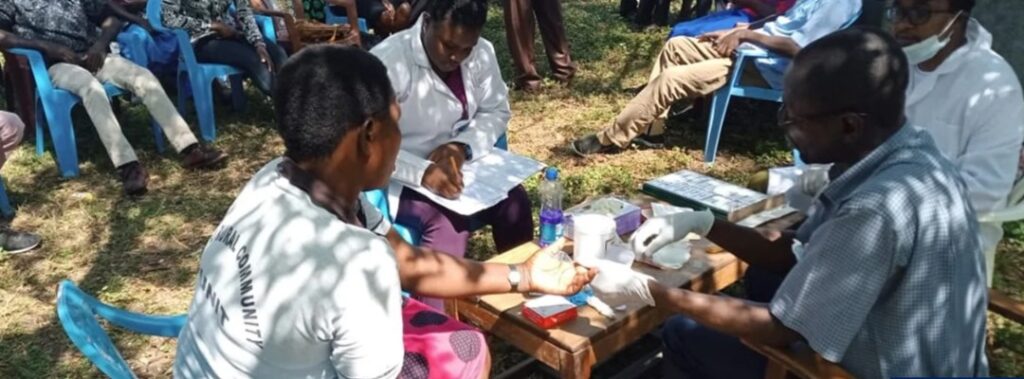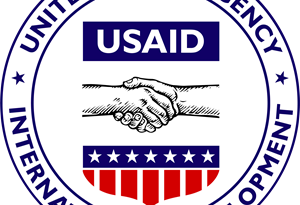Kenya Eliminates Sleeping Sickness as a Public Health Problem
The World Health Organization (WHO) has officially validated Kenya as having eliminated human African trypanosomiasis (HAT), commonly known as sleeping sickness, as a public health problem. This makes Kenya the tenth country globally to achieve the milestone and the second neglected tropical disease (NTD) to be eliminated in the nation, following the eradication of Guinea worm disease in 2018.
“I congratulate the government and people of Kenya on this landmark achievement,” said Dr Tedros Adhanom Ghebreyesus, WHO Director-General. “Kenya joins the growing ranks of countries freeing their populations of human African trypanosomiasis. This is another step towards making Africa free of neglected tropical diseases.”
HAT, caused by the blood parasite Trypanosoma brucei and transmitted through the bite of infected tsetse flies, is fatal if untreated. The rhodesiense form (r-HAT), the only variant present in Kenya, progresses rapidly, affecting multiple organs including the brain.
Kenya’s Cabinet Secretary for Health, Dr Aden Duale, hailed the validation as a “major public health milestone” that will protect citizens and foster economic growth. The country has not recorded any indigenous cases since 2009, with the last two exported cases detected in 2012.
Kenya has bolstered its disease surveillance through 12 health facilities in six historically endemic counties, equipped with advanced diagnostic tools and trained personnel. The Kenya Tsetse and Trypanosomiasis Eradication Council (KENTTEC) continues to oversee tsetse fly control and monitoring of animal trypanosomiasis, working alongside veterinary health authorities.
Dr Patrick Amoth, EBS, Director General for Health at the Ministry of Health, credited years of collaboration between national and county governments, research institutions, development partners, and affected communities. Kenya will now implement a post-validation surveillance plan to guard against any resurgence.
WHO Representative to Kenya, Dr Abdourahmane Diallo, commended the Ministry of Health’s leadership and the dedication of frontline health workers.
Kenya joins Benin, Chad, Côte d’Ivoire, Equatorial Guinea, Ghana, Guinea, Rwanda, Togo and Uganda in eliminating HAT as a public health problem. Globally, 57 countries have eliminated at least one NTD.



